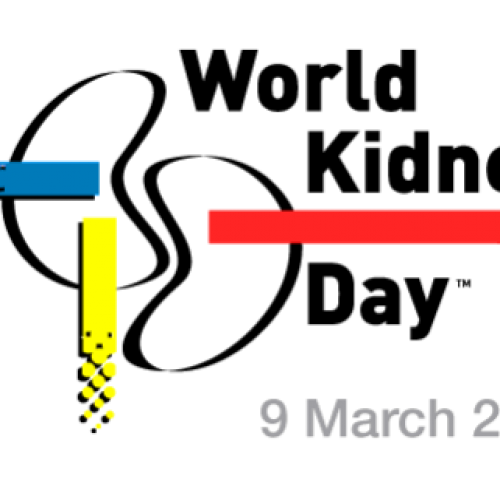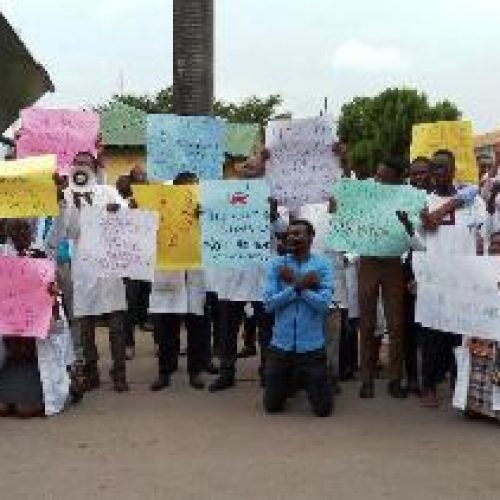The National Malaria Elimination Programme (NMEP) says it is working toward reducing malaria burden in the country by 13 per cent in 2023.
Coordinator of the programme, Dr Audu Mohammed, said in Abuja on Monday, January 6, 2020 that Nigeria currently accounted for 25 per cent of global malaria burden.
He said: “The world’s target is that by 2023, the burden should be reduced to 13 per cent and we are set to achieve that.”
The coordinator said that the Roll Back Malaria programme, which was launched in 2000 in Abuja, helped to reduce malaria burden, noting that globally, malaria was enormous, claiming one million lives per year.
“But with the help of government, development partners and donor agencies, the burden has reduced.
“It has reduced to almost half from one million to 440,000 through the efforts of government and development partners, using new tools in terms of prevention, treatment and creation of awareness.
“This is really an achievement because if nothing is done, we will be recording over one million deaths.’’
Mohammed said that from 2000 till 2014, investment on malaria was enormous but because of global economic recession, including in Nigeria, it had reduced.
He explained that in 2015, the progress in reduction of malaria burden and deaths was not up to expectation; this could be attributed to so many challenges.
“We used to get 600 million dollars for malaria reduction interventions but that reduced to 330 million dollars from 2018 to 2020.”
The coordinator said it was not only Nigeria that experienced drop in funding of malaria activities, almost everywhere, expect in India.
“To reverse this trend worldwide, especially in Nigeria, number one challenge is resources. Now, we are supporting only 24 states with malaria intervention, the remaining 13 states do not have the support.
“This has resulted in increase in our (Nigeria) malaria cases in the world from 1.5 million in 2017 to 3.5 million; this is not healthy,






0 Comments
No Comments Yet!
You can be first to comment this post!